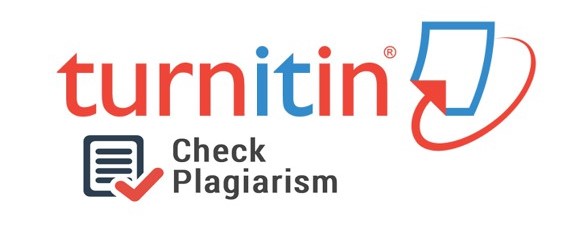Pengaruh Naungan dan Pupuk Organik Hayati Cair Terhadap Pertumbuhan dan Hasil Tanaman Seledri (Apium graveolens L.)
DOI:
https://doi.org/10.25181/jhpt.v2i1.3572Kata Kunci:
biofertilizer, intensity of sunlight, vegetable plantAbstrak
The use of shade percentage is the main factor as a barrier to sunlight which functions to reduce the intensity of the sun and as a weed control. Liquid biological organic fertilizer is fertilizer that contains microbes and is useful for helping plant growth. The aim of this research is to determine the best shade presentation and concentration of liquid biological organic fertilizer and their combination on the growth and yield of celery plants. This research was carried out from August to November 2023 at the Lampung State Polytechnic Land. This research was a split plot experiment (3 x 3) which was repeated 3 times. The first factor used as the main plot is the percentage of shade which consists of three levels: no shade, 30% shade, 60%. The second factor used as a subplot is the concentration of liquid biological organic fertilizer which consists of three levels: control, 10 ml.l-1, 20ml.l-1. If the results show a significant effect, it will be continued with the Honestly Significant Difference (BNJ) test at the 5% level. Based on the observations result, it can be concluded that there is no good combination between the shade percentage treatment and the concentration of liquid biological organic fertilizer on the growth and yield of celery plants. The shade percentage treatment of 30% gave the best results for all observation parameters tested. Treatment of liquid biological organic fertilizer with a concentration of 10 ml.l-1 gave the best results in all observed parameters except for plant height parameters.Unduhan
Data unduhan belum tersedia.
##submission.downloads##
Diterbitkan
2024-06-14
Cara Mengutip
Syafutri, A., Ali, F., Rahhutami, R., Kartina, R., & Darma, W. A. (2024). Pengaruh Naungan dan Pupuk Organik Hayati Cair Terhadap Pertumbuhan dan Hasil Tanaman Seledri (Apium graveolens L.). Journal of Horticulture Production Technology, 2(1), 39-52. https://doi.org/10.25181/jhpt.v2i1.3572
Terbitan
Bagian
Artikel







